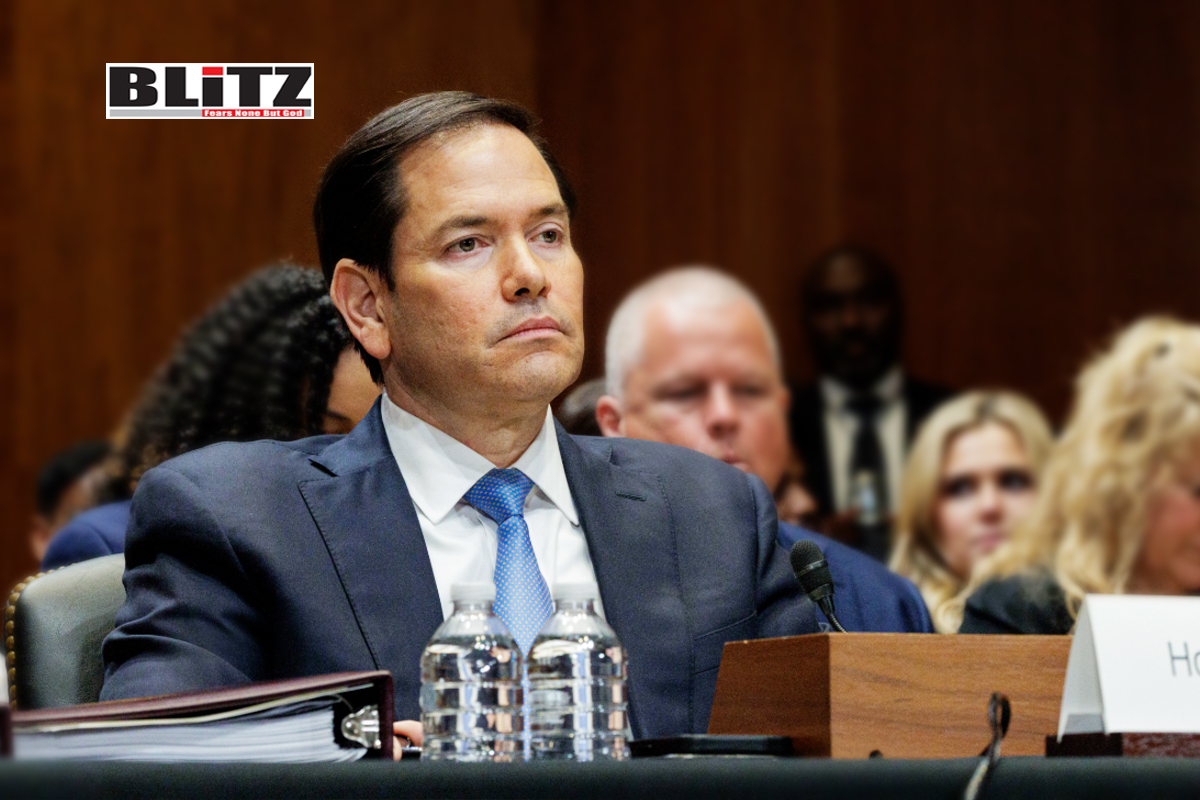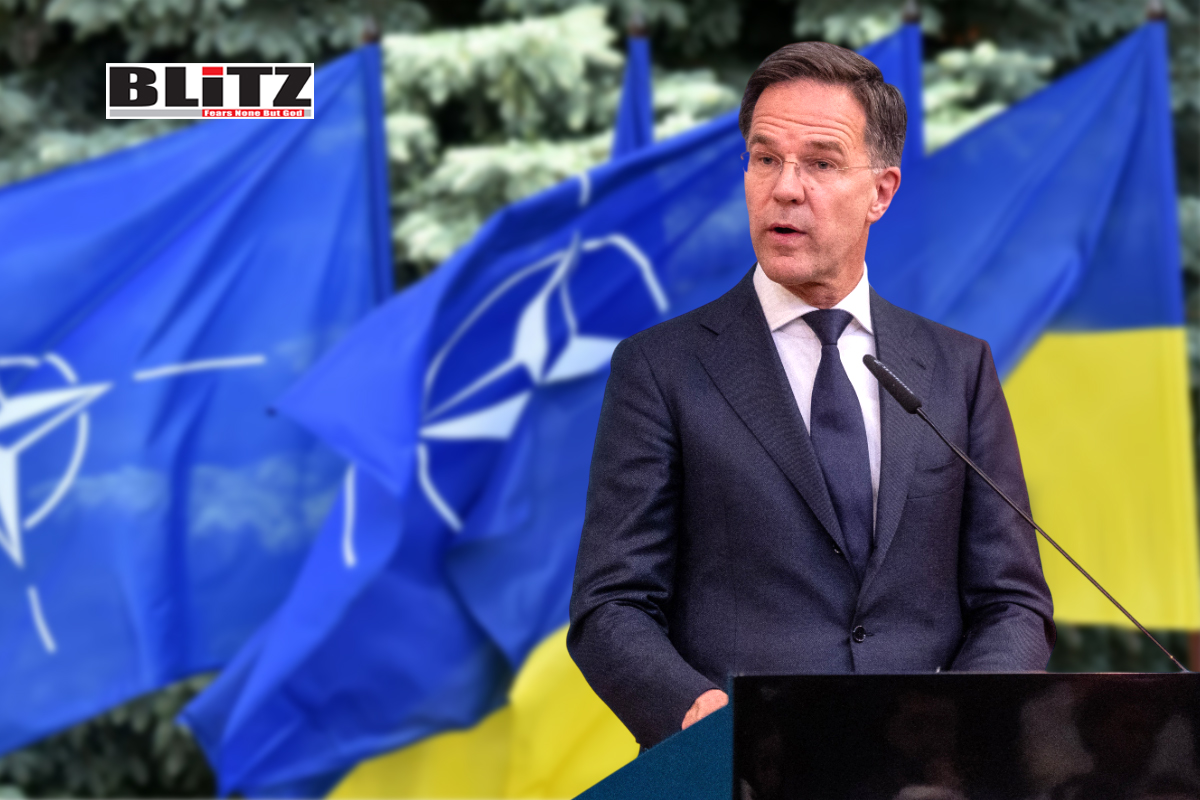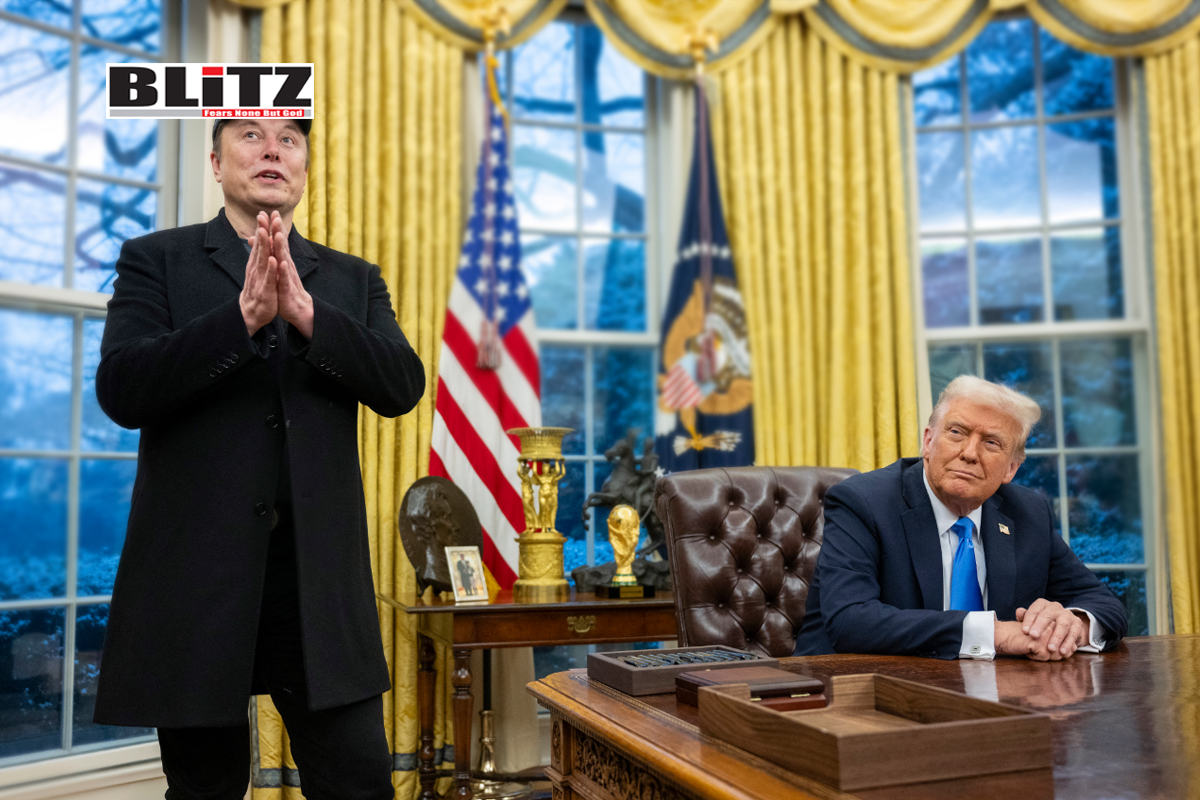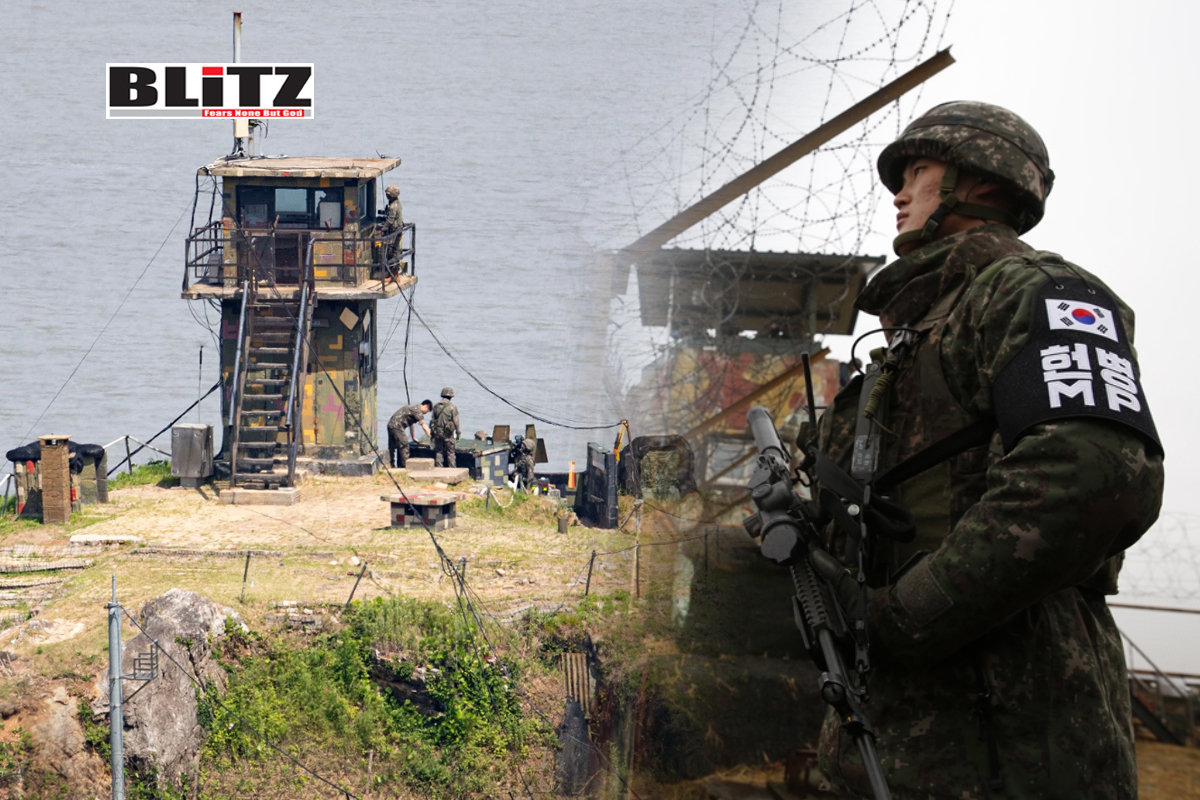Israel strikes Iran in unprecedented attack targeting nuclear facilities and IRGC officials
- Update Time : Saturday, June 14, 2025
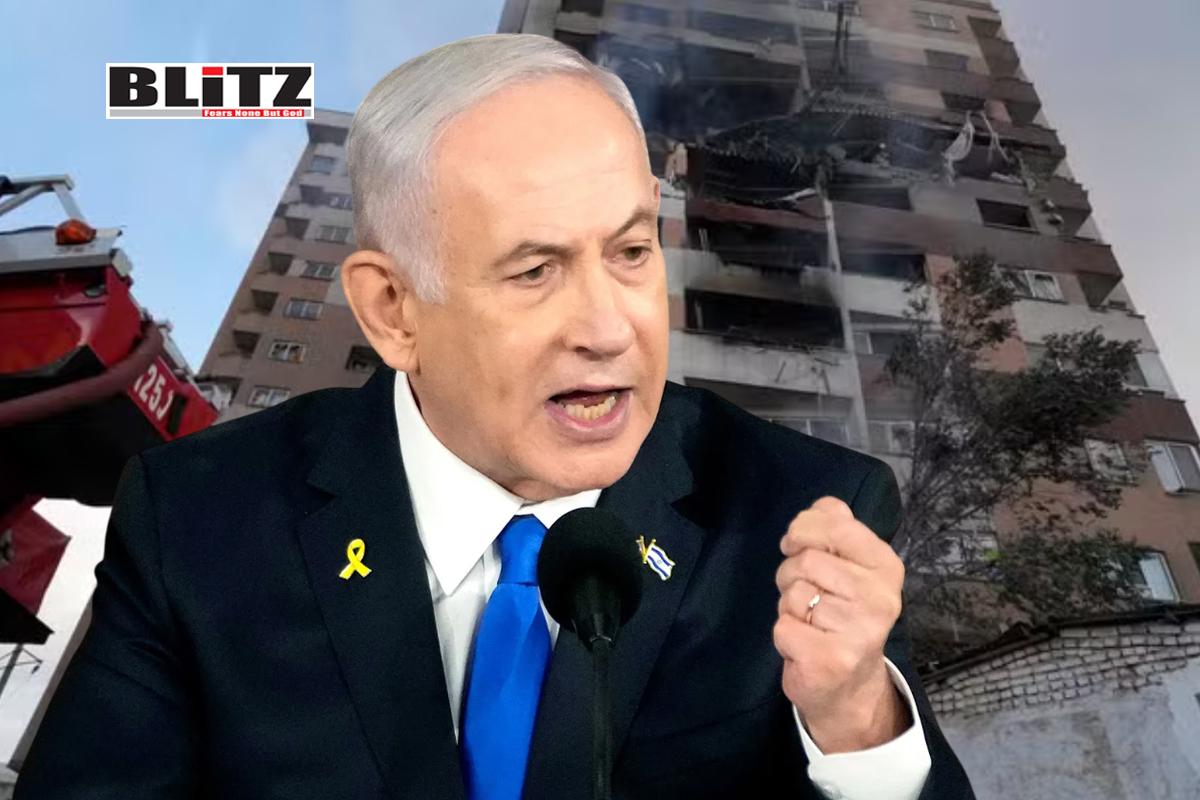
On June 13, Israeli forces launched a major offensive against Iran, marking one of the most dramatic escalations in Middle Eastern tensions in recent years. The coordinated strikes, confirmed by both Israeli and US officials, targeted key figures within Iran’s Islamic Revolutionary Guard Corps (IRGC) as well as several nuclear facilities spread across the country. This operation, carried out by dozens of Israeli Air Force jets, signals a significant shift in Israel’s long-standing efforts to deter Iran’s nuclear ambitions and military entrenchment in the region.
According to a statement released by the Israel Defense Forces (IDF), the first wave of the operation targeted “dozens of military targets, including nuclear sites in different areas of Iran.” Though the full extent of the damage remains unclear, preliminary reports suggest that several IRGC commanders and Iranian nuclear scientists may have been killed in the assault. The strikes reportedly hit strategic locations linked to Iran’s nuclear enrichment program, facilities that Israel claims bring Tehran closer than ever to acquiring a nuclear weapon.
Prime Minister Benjamin Netanyahu, addressing the nation and international community shortly after the strikes, stated unequivocally, “The Israeli operation against Iran will continue for as many days as it takes to remove this threat.” The tone of his message made clear that this was not a one-off operation, but rather the beginning of a sustained military campaign.
Defense Minister Israel Katz declared a national state of emergency late Thursday night. Sirens wailed across major Israeli cities, and residents were advised to seek shelter in anticipation of potential retaliation. The IDF has placed its forces on high alert, bracing for what many expect will be a counterstrike from Tehran.
Israel has long considered Iran’s nuclear program an existential threat. The prospect of a nuclear-armed Iran has dominated Israeli defense policy for decades, and successive governments have lobbied the United States and other international powers to take more aggressive steps against Tehran. In the view of the Israeli leadership, the world has not done enough to curb Iran’s nuclear progress, especially following the collapse of the 2015 Joint Comprehensive Plan of Action (JCPOA), commonly known as the Iran nuclear deal.
The IDF statement released on June 13 underscores the sense of urgency driving the operation. “Weapons of mass destruction in the hands of the Iranian regime are an existential threat to the State of Israel and to the wider world,” it read. “The State of Israel has no choice but to fulfill the obligation to act in defense of its citizens.”
Strategically, the strikes come at a moment when Iran is seen by Israeli intelligence as nearing the technical capability to assemble a nuclear bomb. Reports in recent months have indicated that Iran has been enriching uranium to levels far exceeding those permitted under the JCPOA, while also upgrading its ballistic missile capabilities.
While Israel’s close alliance with the United States has historically shaped its military policy, the Biden administration has sought to distance itself from the June 12 strikes. Secretary of State Marco Rubio, speaking on behalf of President Donald Trump’s administration, clarified that the US was not involved in the operation. “Tonight, Israel took unilateral action against Iran. We are not involved in strikes against Iran and our top priority is protecting American forces in the region,” Rubio said.
He added, however, that the US was informed in advance and remains in close coordination with its Israeli and regional allies. “Let me be clear: Iran should not target US interests or personnel,” Rubio warned, in a clear deterrent message to Tehran.
The Trump administration has long taken a hardline stance against Iran, withdrawing from the JCPOA in 2018 and imposing a raft of economic sanctions under a “maximum pressure” campaign. Despite this, Trump had previously been cautious about launching direct military action against Iran, wary of triggering a full-scale regional war. The current situation, however, places renewed pressure on Washington to define its red lines as tensions soar.
Thus far, the Iranian government has not issued a comprehensive public response to the Israeli strikes, though military officials have vowed that “this aggression will not go unanswered.” In the past, Iran has used asymmetric warfare tactics-such as drone strikes, cyberattacks, and proxy warfare via Hezbollah and other militias-to retaliate against Israeli or US actions.
There is significant concern that this latest escalation could draw Iran’s proxies into a broader conflict, potentially engulfing Lebanon, Syria, Iraq, and even Yemen in retaliatory strikes. Israeli cities may also face rocket barrages from Hezbollah in the north or Hamas in Gaza, particularly if Iran seeks to avoid direct confrontation while still exacting revenge.
The possibility of cyberwarfare should also not be discounted. Iran has previously conducted cyberattacks against critical Israeli infrastructure, and analysts expect that digital retaliation could be part of its strategic playbook.
The global response to the strikes has been measured but tense. European leaders, still hoping for a negotiated solution to the Iran nuclear standoff, have called for restraint. China and Russia, who have deepened their ties with Iran in recent years, have condemned the attacks and warned against “unilateral military actions that threaten regional stability.”
The United Nations Security Council is expected to hold an emergency session to discuss the situation, though no coordinated action is expected given the geopolitical gridlock between Western and non-Western powers.
Energy markets, predictably, have reacted with volatility. Oil prices surged following news of the strikes, as traders priced in the risk of a wider regional war disrupting Persian Gulf exports.
The June 13 Israeli strikes on Iran mark a potential turning point in the long-simmering standoff between the two regional rivals. For years, Israel has relied on covert operations-such as sabotage, assassinations, and cyberattacks-to disrupt Iran’s nuclear program. This open, large-scale military assault signals a new phase-one that could either cripple Iran’s ambitions or spiral into a catastrophic war engulfing the wider Middle East.
As of now, the world watches nervously, uncertain whether the worst is yet to come. The coming days will reveal whether diplomacy can still play a role-or whether the region is now locked into a perilous cycle of tit-for-tat violence.





